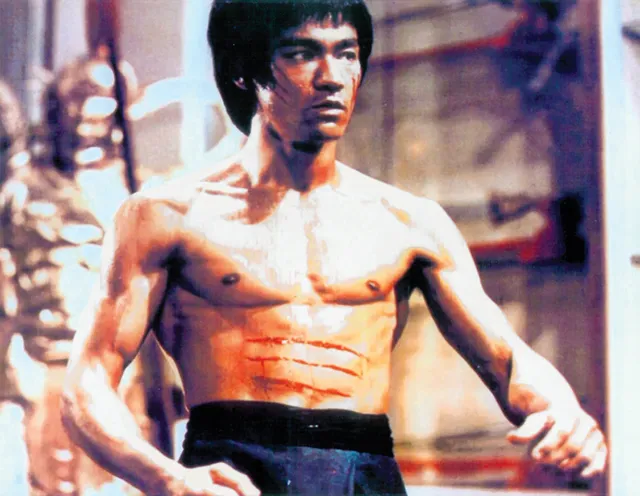Bruce lee
Bruce Lee, born Lee Jun-fan on November 27, 1940, in San Francisco, California, was a martial artist, actor, and filmmaker who is often celebrated as one of the most influential martial artists of all time. His short life and career made a significant impact on martial arts, film, and popular culture around the world.
Early Life
Lee was born to a Cantonese opera star father and a Chinese mother in San Francisco’s Chinatown. Shortly after his birth, the family returned to Hong Kong, where Lee grew up. He began his acting career as a child, appearing in Hong Kong films. However, his rebellious spirit and frequent street fighting led his parents to send him back to the United States in 1959 to pursue a safer path.
Martial Arts Journey
While in the U.S., Lee attended the University of Washington in Seattle, where he studied drama and philosophy. He began teaching martial arts to support himself, founding his own method called “Jun Fan Gung Fu,” which combined elements of Wing Chun—a traditional Chinese martial art he learned under master Ip Man—with other martial arts influences.
Creation of Jeet Kune Do
Dissatisfied with traditional martial arts’ limitations, Lee developed Jeet Kune Do, a philosophy and fighting style that emphasized adaptability, efficiency, and directness. It encouraged practitioners to “be like water,” flowing and adapting to any situation. Jeet Kune Do became foundational to the modern mixed martial arts (MMA) movement and helped to redefine martial arts as a more open, hybrid practice.
Breakthrough in Film
In the early 1970s, Bruce Lee’s martial arts and acting skills captivated both Hong Kong and international audiences. His films The Big Boss (1971), Fist of Fury (1972), and Way of the Dragon (1972)—the latter of which he also directed—were major box office hits in Asia. But his greatest breakthrough came with Enter the Dragon (1973), a Hollywood-produced film that introduced Lee to a global audience and is widely considered one of the greatest martial arts films of all time.
Cultural Impact
Lee’s films reshaped the portrayal of Asian actors in Hollywood, presenting a strong, dynamic hero rather than a stereotypical sidekick. He became a cultural icon, breaking down racial barriers and inspiring a new interest in martial arts around the world. His teachings and personal philosophy continue to influence martial artists, actors, athletes, and others seeking personal growth.
Tragic Death and Legacy
Bruce Lee tragically passed away on July 20, 1973, at the age of 32, from a cerebral edema, possibly due to a reaction to pain medication. His death came just weeks before the release of Enter the Dragon, cementing his legendary status. Lee’s legacy lives on through his films, philosophy, and contributions to martial arts. He is often remembered not only for his physical prowess but for his deep philosophical insights, making him an enduring figure in popular culture and martial arts history.
